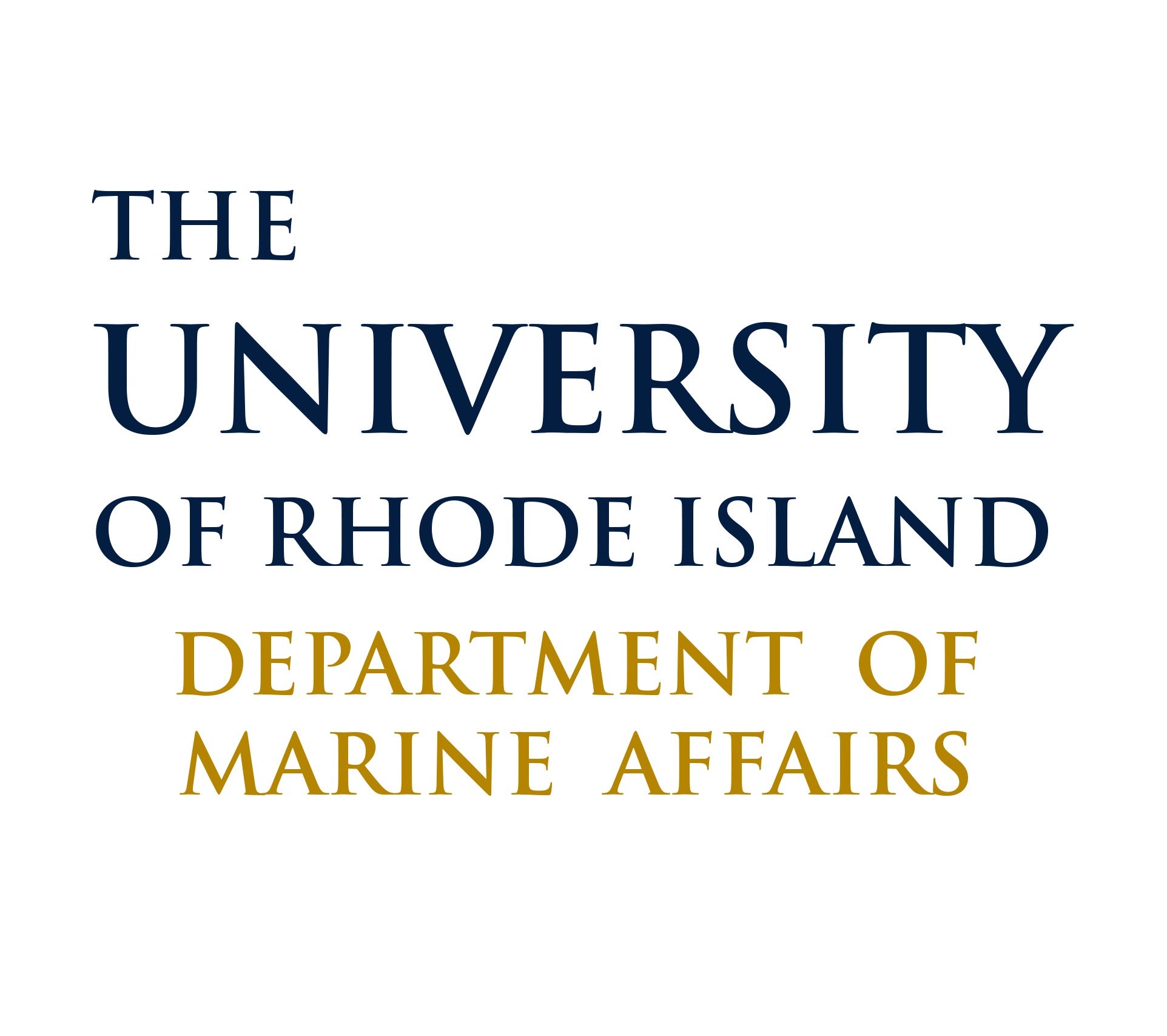Degree program: M.A.M.A.
Year accepted: 2024
Advisor: TBD
Research: Federal ocean policy, Marine Protected Areas
Background: B.S. in Marine Affairs, minor in Marine Biology
Ashley graduated with a Bachelor of Science in Marine affairs, minoring in Marine Biology from 2020-2024. She is currently a Master of Arts Marine Affairs student with an interest in federal ocean policy, and marine protected areas. Ashely’s research is focused on marine protected area designation and framework structure, with an interest in potentially exploring these topics in federal ocean policy or international law. Monuments and sanctuaries both protect marine ecosystems, but National marine sanctuaries are designated under the National Marine Sanctuaries Act, while marine national monuments are established under the Antiquities Act. They are also managed differently, National marine sanctuaries are managed by National Atmospheric and Oceanic Administration (NOAA) through its Office of National Marine Sanctuaries, and in some cases, in partnership with state governments. Marine national monuments are typically managed by multiple government agencies, which may include NOAA, the Department of the Interior, and other federal and state partners. She wants to see what barriers are preventing the same level of marine protection other than the different acts, and what solutions she can come up with to further protect both the monuments and sanctuaries.
One of the reasons Ashley chose to participate in the protection of marine protected areas is because it reminds her of home and childhood. Ashley grew up with a military family, so she traveled a lot. She grew up in Okinawa, Japan and there was this special place, Sunabe seawall, that at low tide, she could walk out on the plateau and see tidepools with all the life inside it. This created amazing family memories of being together in the tidepools with the hermit crabs, sea stars, family, and wanting to protect it all. Some of Ashley’s inspiration for her work comes from Dr. Sylvia Earle, an oceanographer and National Geographic Explorer. Other inspirations come from the many Universities of Rhode Island (URI) professors that have each provided her with tidbits of information she can incorporate into her research.
Along the way, Ashley has accumulated many skills including learning R Studio, Quantum Geographic Information System (QGIS), and numerous scuba diving certifications. She became a research diver through American Academy of Underwater Science (AAUS) with a dive specialty in underwater film and photography. She also garnered valuable navigations which is a crucial skill for divers to avoid getting lost, strong currents, and other hazards. It can help you find your way back to the starting point, map out your dive, and manage your dive time. In the future, Ashley looks forward to real life experiences, working with the National Oceanic and Atmospheric Administration (NOAA) Office of National Marine Sanctuaries, and volunteering with the non-governmental organization Mission Blue.

